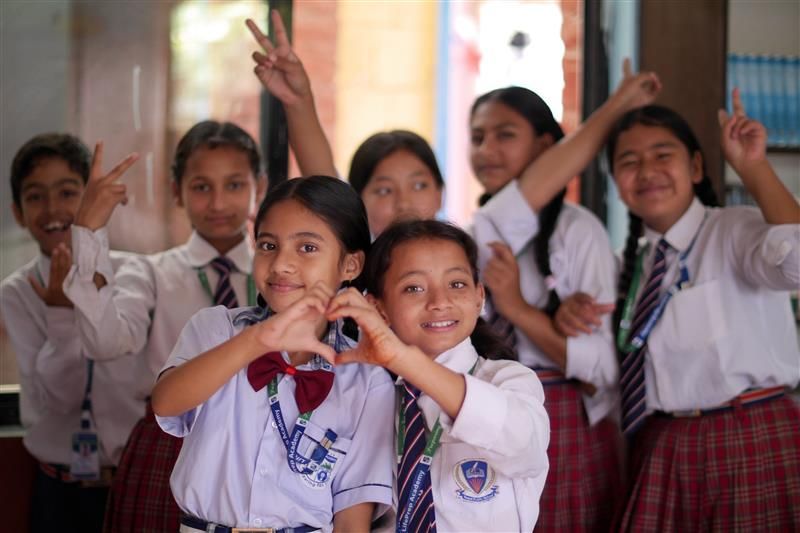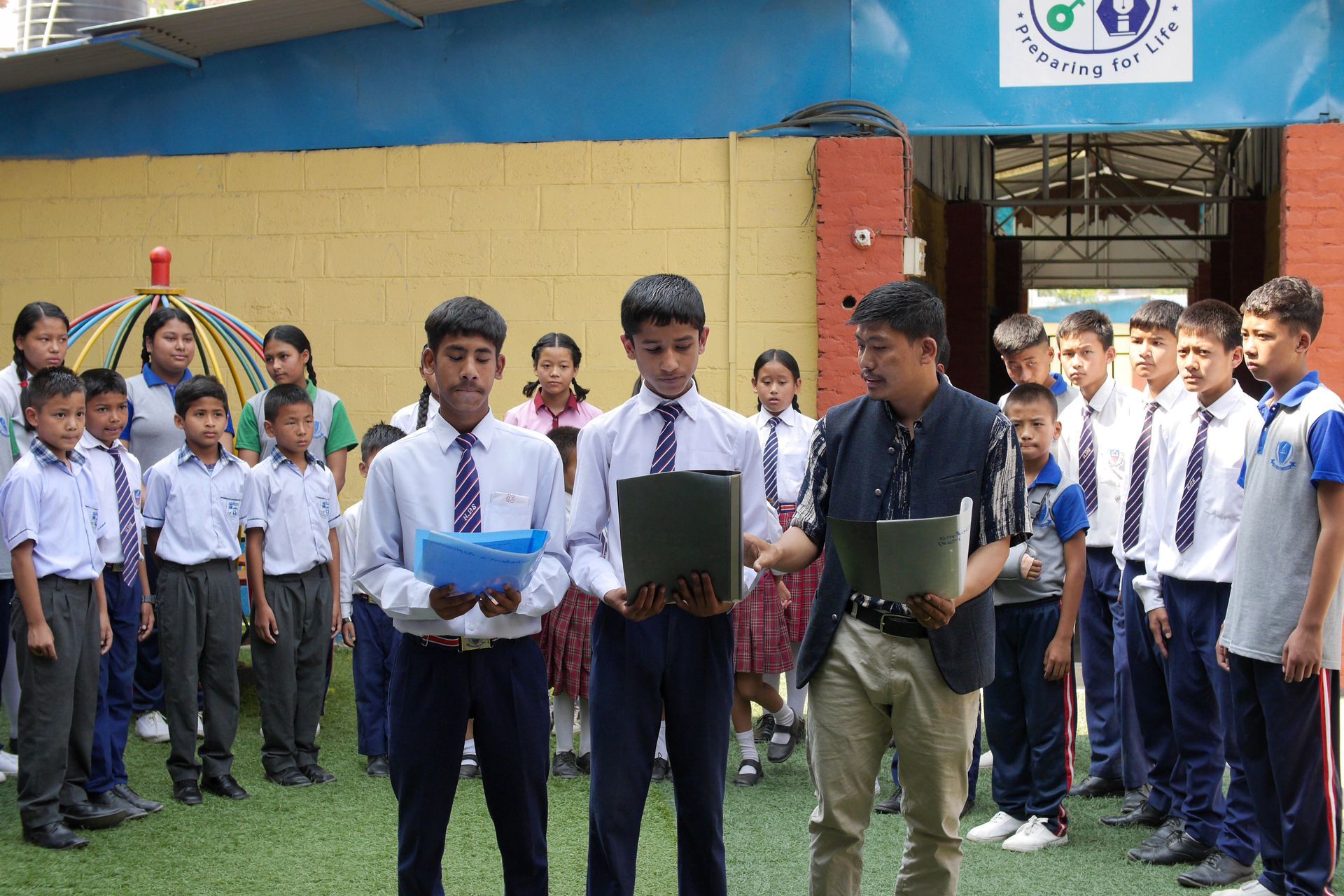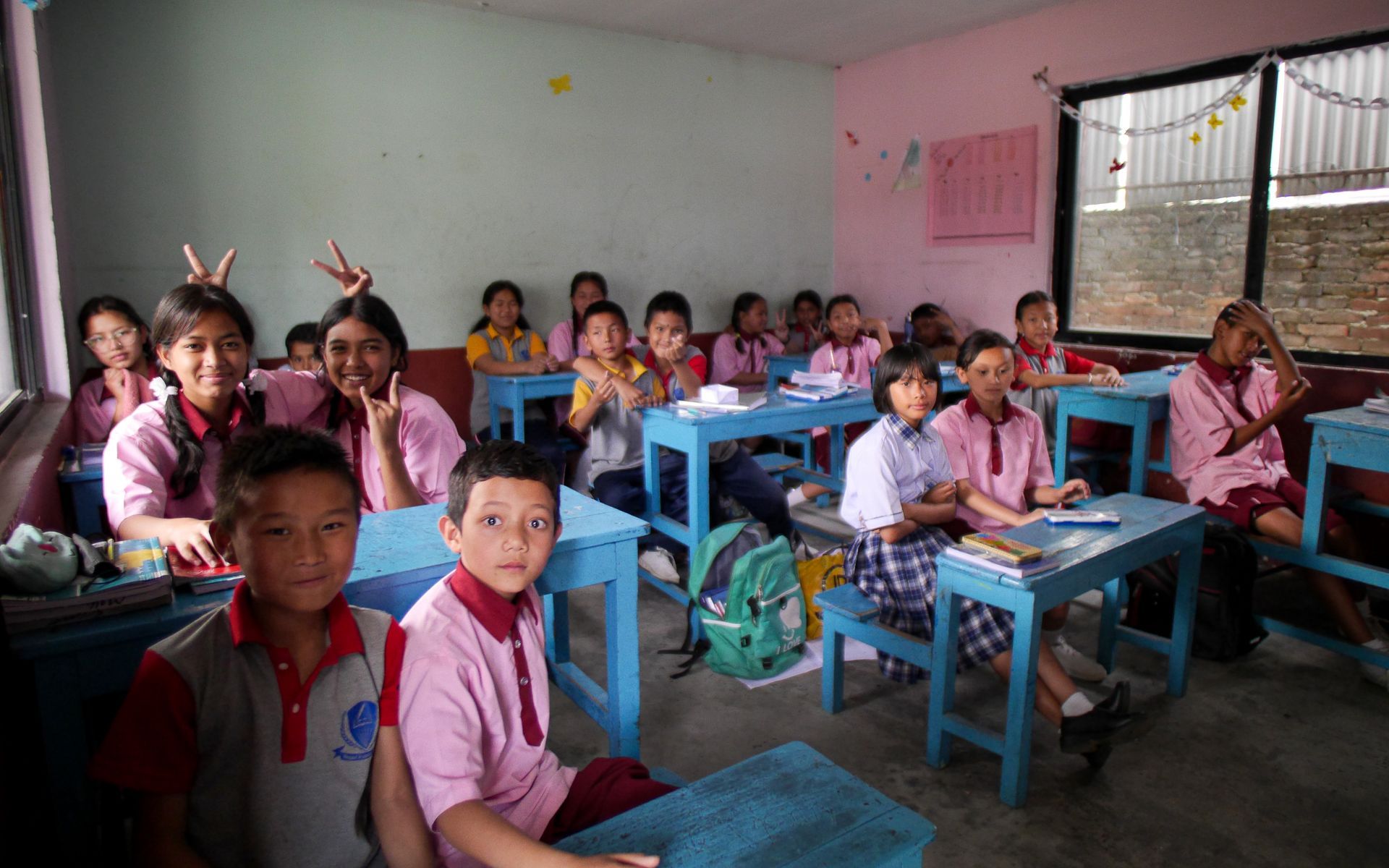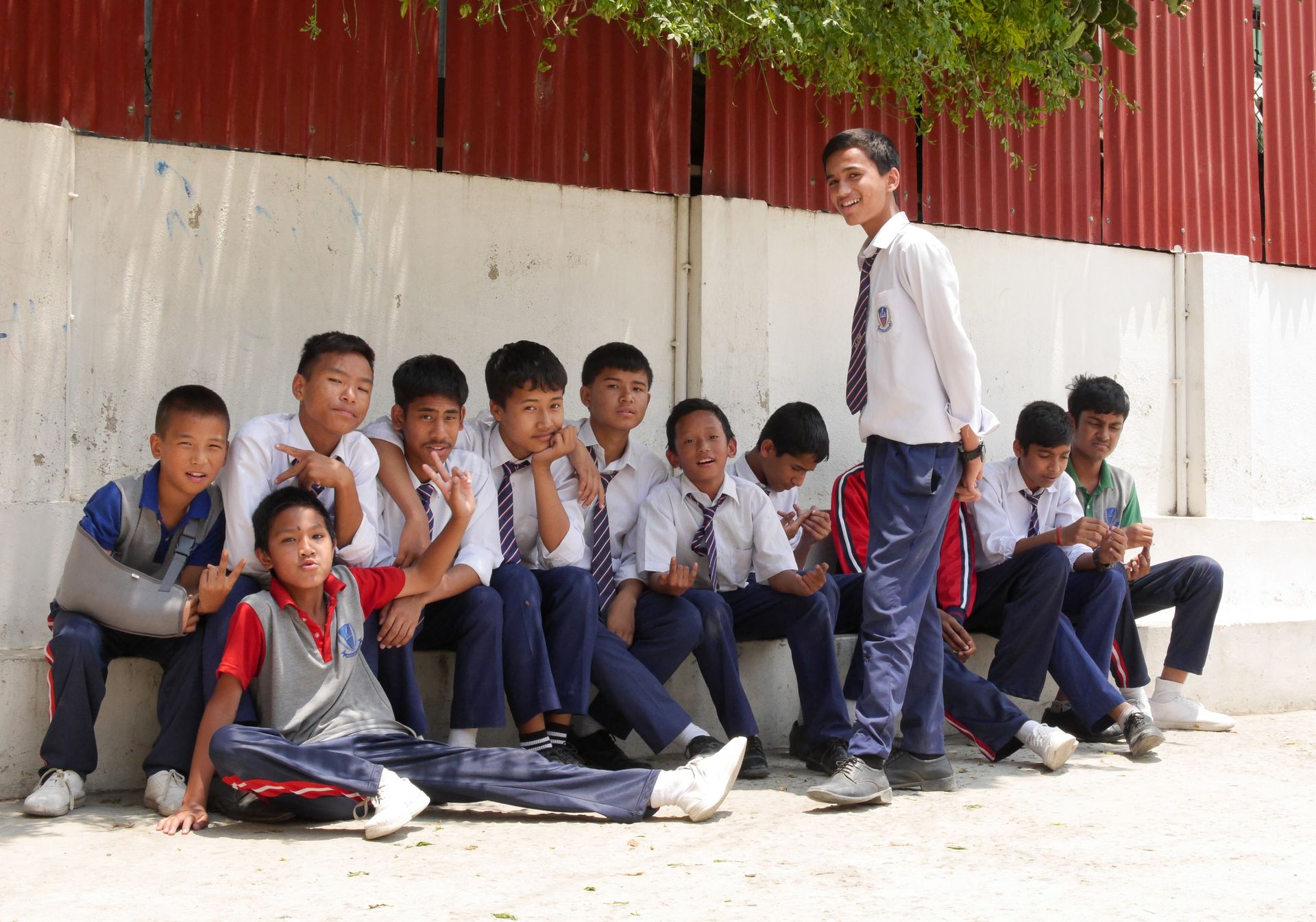On the Ground in Myanmar and Nepal: Hope, Resilience, and Opportunity
By Michelle Atwell, CEO, SEND International US

Over the past few weeks, I had the privilege of joining several SEND leaders on a deeply moving survey trip through Myanmar and Nepal. This journey wasn’t just about exploring ministry opportunities—it was about listening, learning, and witnessing firsthand how God is at work in some of the most complex and challenging corners of our world.
A Glimpse of Grace in Myanmar
Tucked away in a rural community in northwest Myanmar is an international school that stands as a beacon of hope to over 1,000 students and their families—many of whom have been displaced after their villages were destroyed in the ongoing conflict.
What moved me most wasn’t the size of the school, but the heart behind it. Tuition is waived for refugee children, which costs about the same as a night at the movies for a family of four in the U.S., and many graduates return to teach the next generation. A small coffee shop on campus helps students develop practical business skills. Monthly evangelistic services and mission initiatives show that this is far more than just a school. It is a movement—a place where hope is taking root and growing.
The founder’s life verse, Proverbs 22:6, echoes throughout the campus:
“Train up a child in the way he should go…” In a country where each day is uncertain, this is what it means to redeem the time.
Navigating Complexity with Faith
Myanmar is a land of paradox: rich in cultural diversity (home to more than 135 ethnic groups) and spiritual hunger, yet burdened by a crushing military regime. We heard story after story—of families cut off from the internet, pastors under surveillance, and children attending school in active conflict zones.

And yet, the gospel is being lived out with boldness. Christian leaders are using every available platform—schools, publishing houses, training centers—to sow seeds of the Kingdom. One partner quietly told us, “We don’t know if the doors will stay open. But while they are, we will keep teaching, preaching, and sending.”
SEND has a unique role here—not only as a mobilizer of missionaries but as a partner in resilience. We see an opportunity to stand with local leaders, strengthen existing networks, and help equip the next generation being raised up in these very schools and churches.

The Road Ahead in Nepal
Our time in Nepal offered a vivid reminder of the deep spiritual need that still defines much of the Hindu world. One morning, we found ourselves at the edge of Pashupatinath — one of the country’s largest and holiest Hindu temples. Thousands had gathered along the banks of the Bagmati River, offering prayers, burning incense, cremating the deceased, and seeking blessings. The smoke was thick in the air, rising with chants and cries for healing, prosperity, and peace.
And yet, what we felt most deeply in that moment was not reverence — but longing. The faces in the crowd carried the weight of searching without finding, of hoping without clarity. This is what spiritual darkness can look like: devotion without truth, sacrifice without assurance.
Nepal is a land of stunning beauty and resilient people, but also of profound spiritual lostness. Fewer than 2% of the population profess faith in Christ, and attempting to convert others is against the law. And yet—even here—we saw God at work. Small house churches are forming in mountain villages. Pastors are being trained. Young leaders are hungry for the Word.
Why This Matters for SEND
SEND exists to mobilize God’s people and engage the unreached in order to establish reproducing churches. What we saw in Myanmar and Nepal are seeds already planted — ministries quietly multiplying, sometimes without visibility or outside support. Our role is not to reinvent the work, but to come alongside and catalyze it. We can help train, support, and send missionaries from these very contexts — yes, even in the hardest places.

We’re asking the tough but necessary questions: What must SEND learn to prepare for the next chapter? Which relationships has God brought into our path for such a time as this? This trip was a significant step in that discernment journey.
And so, I invite you to pray with us—for wisdom, for clarity, and for courage. May we, like our brothers and sisters in Myanmar and Nepal, be found faithful as we seek to redeem the time.
Additional Posts




